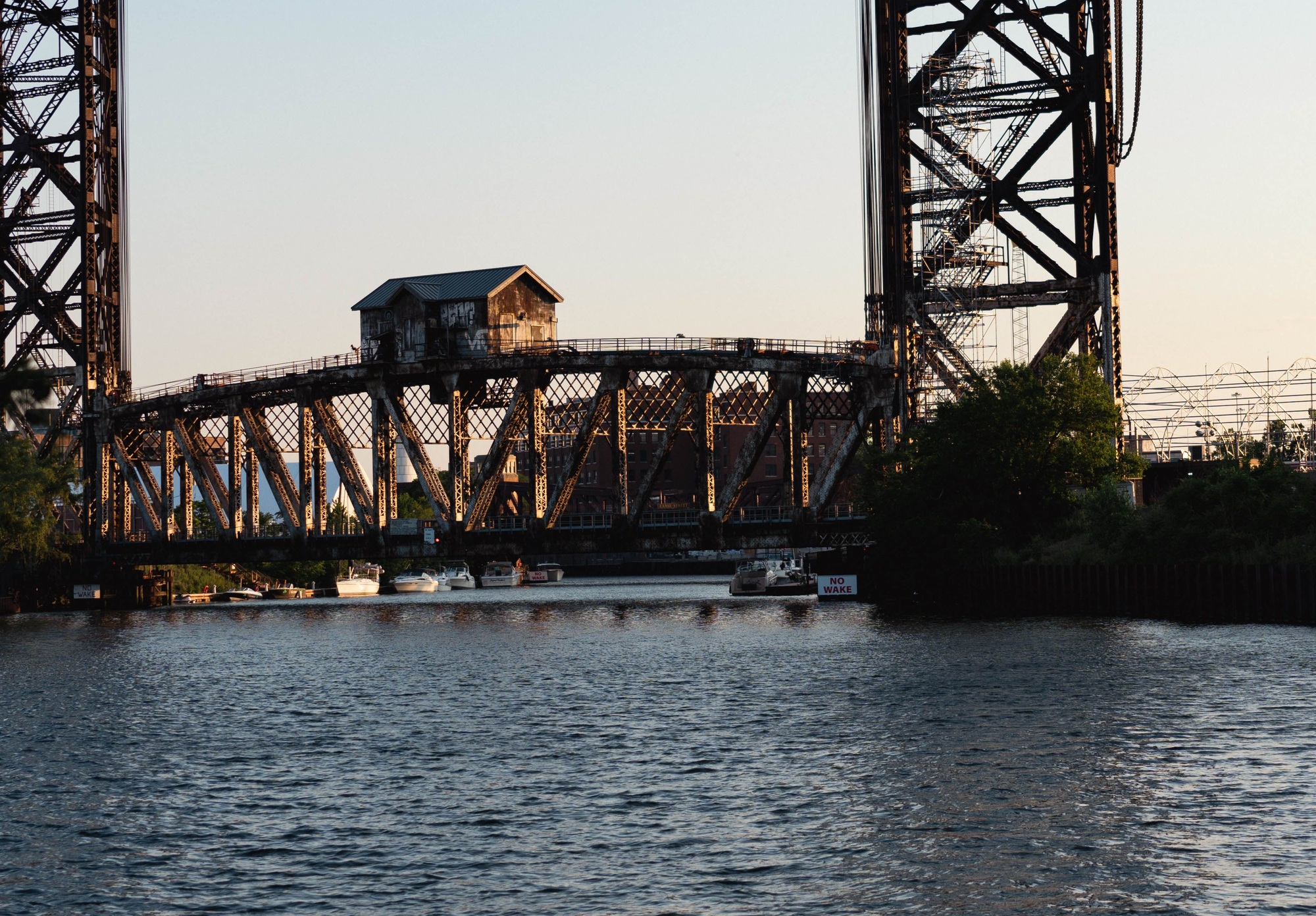Quantum Computer Park Clears Key Hurdle on Chicago’s South Side With Plan Commission Vote

Insider Brief
- The Chicago Plan Commission approved plans for a quantum computing research park on the long-vacant U.S. Steel South Works site, advancing a project that could transform Chicago’s South Side into a national technology hub, as reported in The Chicago Tribune.
- The $500 million project, anchored by California-based PsiQuantum, aims to attract billions in investment and create thousands of jobs, though initial plans promise just 150 positions and $600 million in construction over the next eight months.
- Community advocates expressed concerns about the project’s rapid pace, calling for written agreements on environmental protections, job creation, and affordable housing to address potential impacts on the neighborhood and local wildlife.
The Chicago Plan Commission approved the creation of a quantum computing research park on the long-vacant U.S. Steel South Works site, advancing a project with the intention to transform the South Side into a national technology hub, as reported in the Chicago Tribune.
The project, it turns out, won’t necessarily be a walk in the park, the newspaper suggests.
The Illinois Quantum & Microelectronics Park, led by developers Related Midwest and CRG, aims to attract billions of investment dollars and create jobs on a site that has remained dormant since U.S. Steel shut down operations in 1992. The vote followed hours of testimony from community members, some of whom saw the project as a long-overdue opportunity, while others expressed concerns about its pace and potential environmental impact.
Economic Promise and Community Concerns
“It is not easy to attract capital to this city,” Related Midwest President Curt Bailey told The Chicago Tribune. “This project will be able to attract capital.”
Bailey estimated that $600 million worth of construction could be underway within eight months. The first phase includes an initial building for PsiQuantum, the California-based tech company serving as the park’s anchor tenant, with construction expected to begin by early 2025.
Gov. JB Pritzker has championed the park as a cornerstone of Illinois’ economic future, committing $500 million to support quantum research and infrastructure.
During a July news conference, Pritzker stated, “We intend to drive innovation on a history-altering scale and provide unprecedented economic opportunity for the people of this great city and state.”
While the economic benefits are appealing, concerns remain. Vanessa Schwartz, executive director of Metropolitan Family Services Southeast Chicago Center, noted the lack of transparency surrounding the project’s rollout.
“Nobody in the community was told that this was coming until we heard about it from the governor,” Schwartz told The Chicago Tribune. “We’re always looking for good investment into this community, but there are just a lot of unknowns. We’d like to work with (the quantum park) to ensure our youth have opportunities to pursue career paths.”
Other residents, such as Anne Holcomb, raised environmental questions, pointing to decades of pollution on the site. “We need to see this fleshed out before we move forward,” she said during the commission meeting.
Quantum Technology Collaboration
Quantum computing, the park’s focus, is a cutting-edge field leveraging quantum mechanics to process information in ways that classical computers cannot, the newspaper reported.
The park will be managed by a University of Illinois-led organization in partnership with Argonne National Laboratory, Fermilab and other regional institutions. Federal agencies, including the Defense Advanced Research Projects Agency (DARPA), are also involved.
A Divided Community
The proposal’s swift pace drew criticism from environmental groups like Friends of the Parks, which argued that the rezoning of 440 acres leaves open questions about the fate of the remaining 312 acres not designated for the park. These areas are home to wildlife, including migratory birds.
“I don’t see the issue with taking more time,” Ald. Byron Sigcho-Lopez told The Chicago Tribune. He called for more community meetings and a formal benefits agreement to ensure protections for the area’s residents and environment.
Not all voices were critical. Jorge Perez, who has owned a donut shop on 83rd Street since 1996, urged approval, citing the neighborhood’s economic decline since the steel plant’s closure.
“I bought the building in 1996 and watched the neighborhood lose half its population as other businesses fled,” Perez said.
Historical Context
The South Works site was once one of the world’s largest steel plants, employing 20,000 workers at its peak, the Trib reports. Its closure marked the end of an era, leaving the community to grapple with economic stagnation and failed redevelopment efforts. Previous proposals for the site included plans for housing developments and marinas, none of which came to fruition.
In this context, the quantum park represents a chance to rewrite the site’s legacy. Although PsiQuantum’s initial job commitment is modest—150 positions—state officials project that the park could eventually generate thousands of jobs and billions in investment.
Next Steps
The proposal still requires approval from the full City Council, expected to vote in December. Advocates for the park hope to break ground early next year, but community leaders and activists continue to push for written agreements on job creation, affordable housing, and environmental safeguards.
Ald. Daniel La Spata, who abstained from the vote, voiced cautious optimism. “I’m not a ‘no’ vote on this; there’s a lot to be excited about,” he told The Chicago Tribune. “I’m the sort who believes in what’s in writing.”
